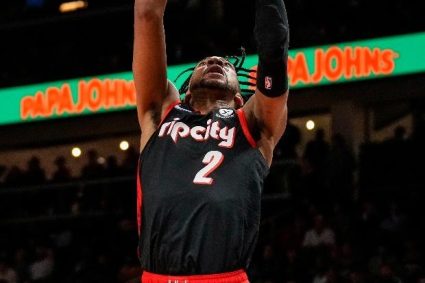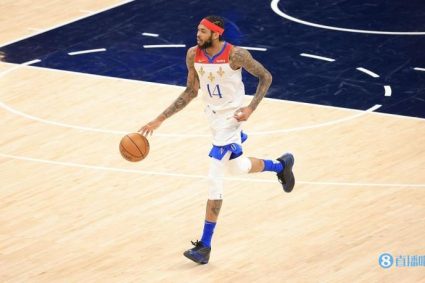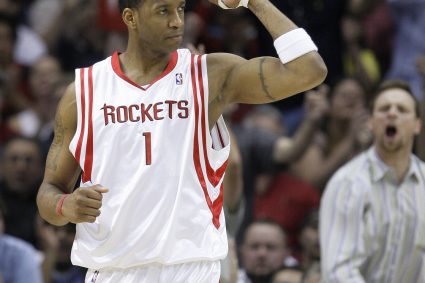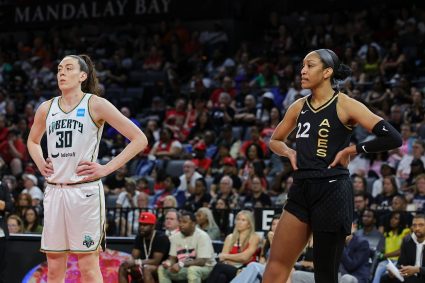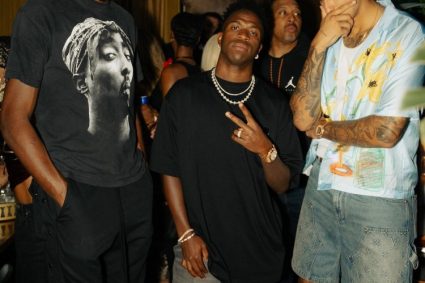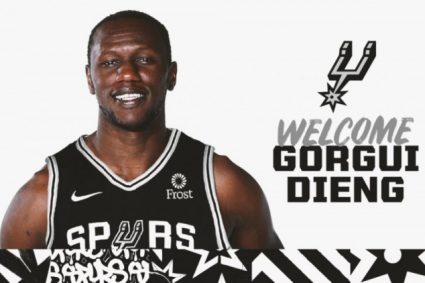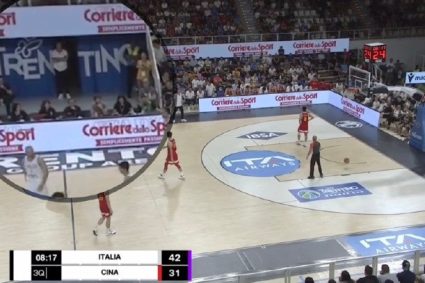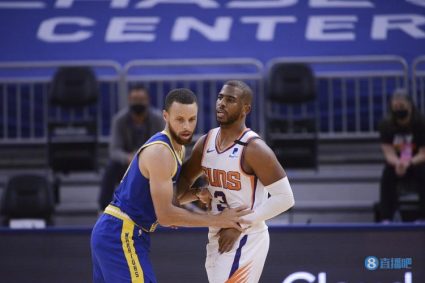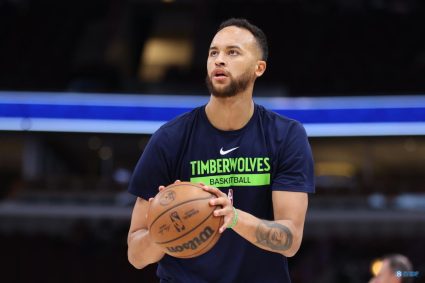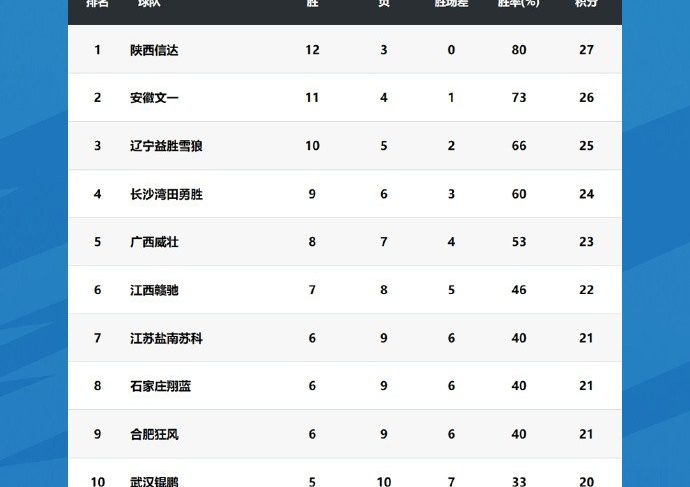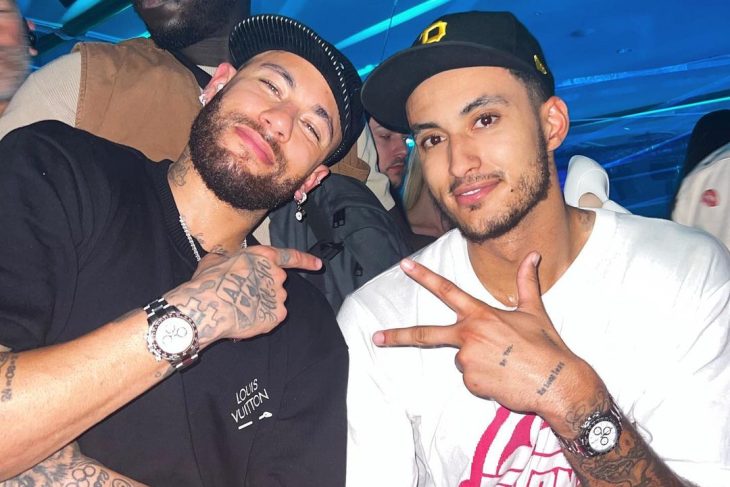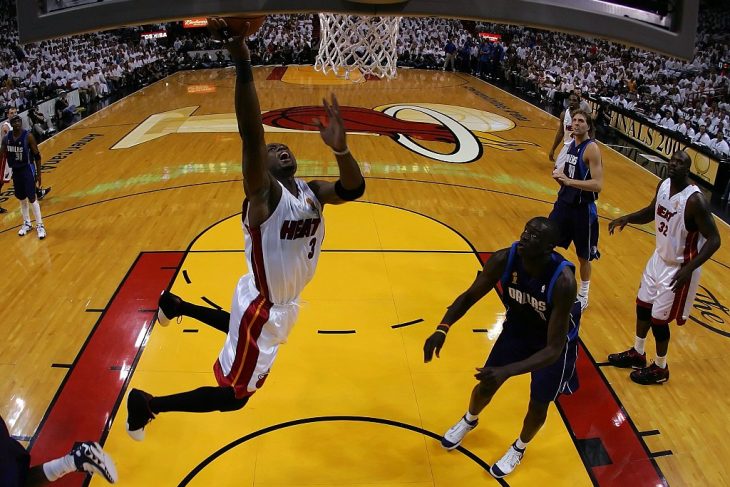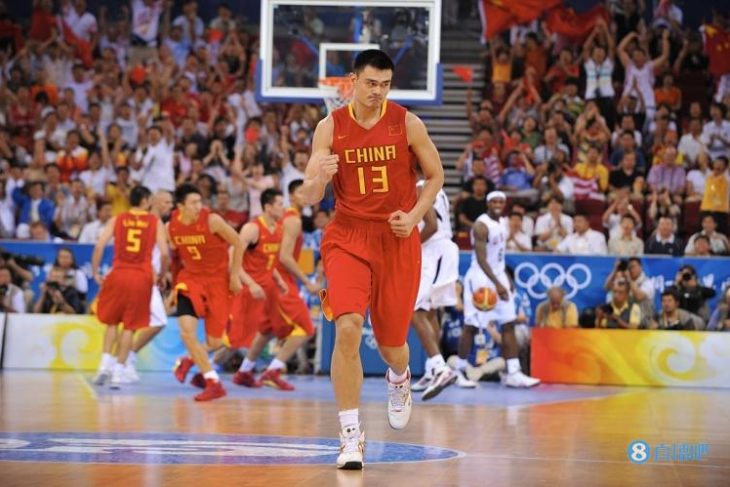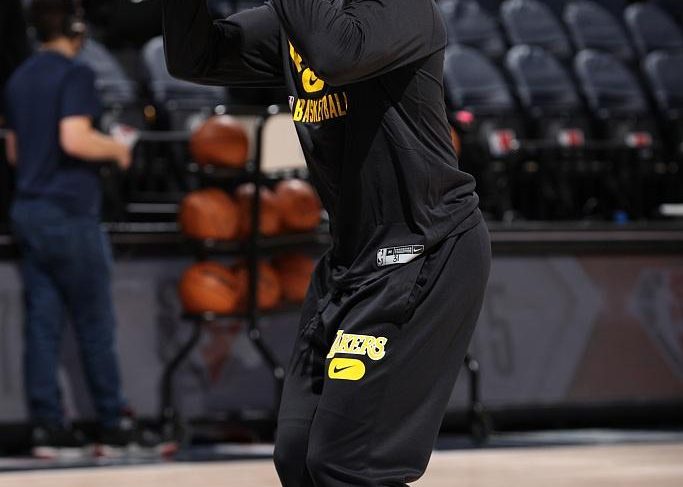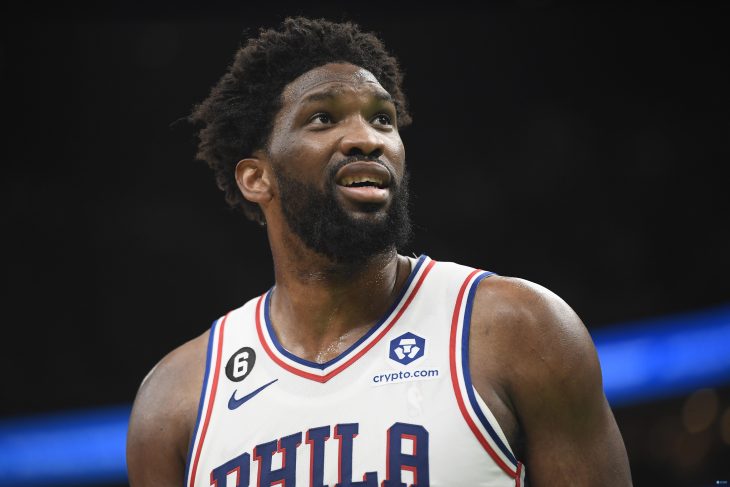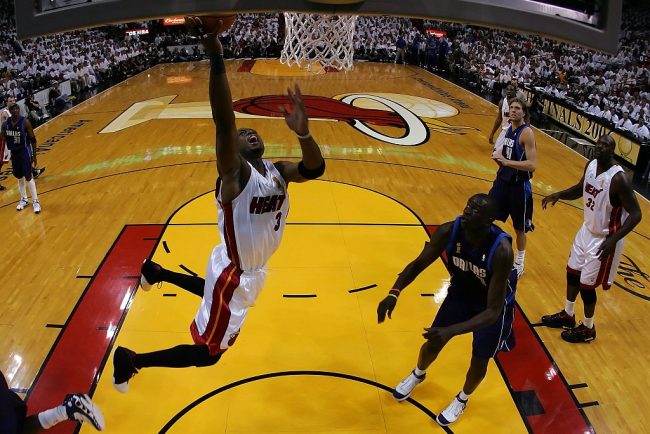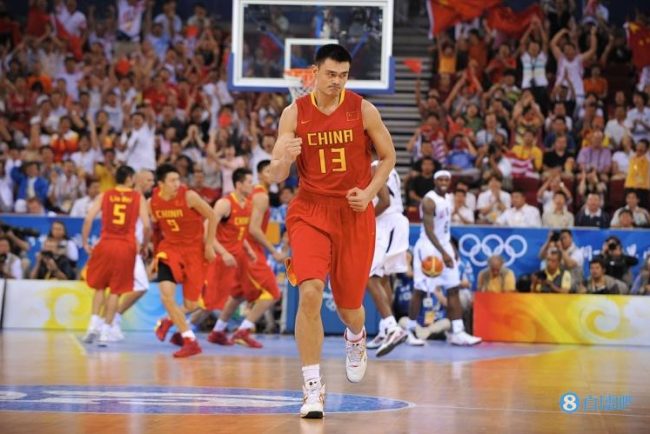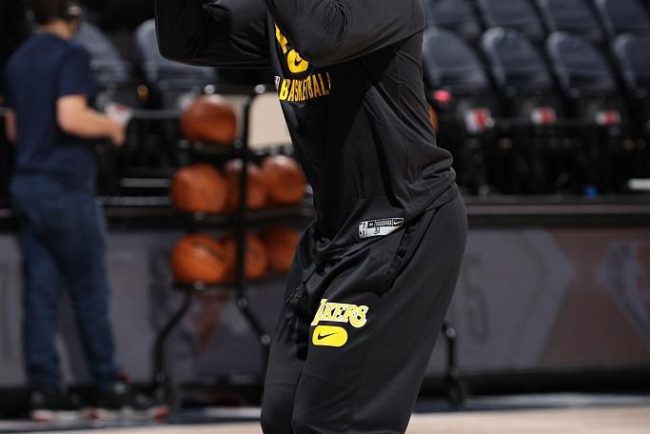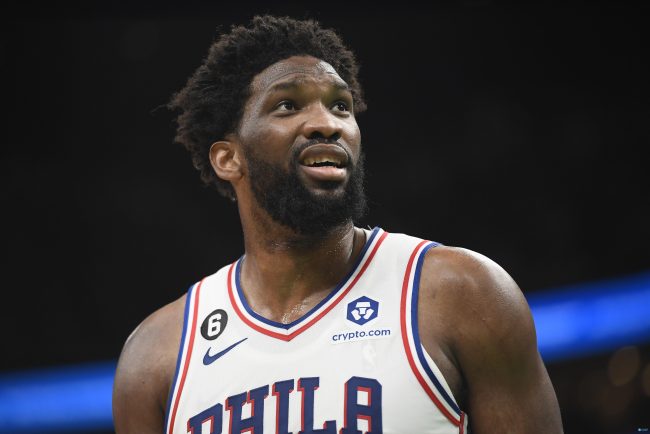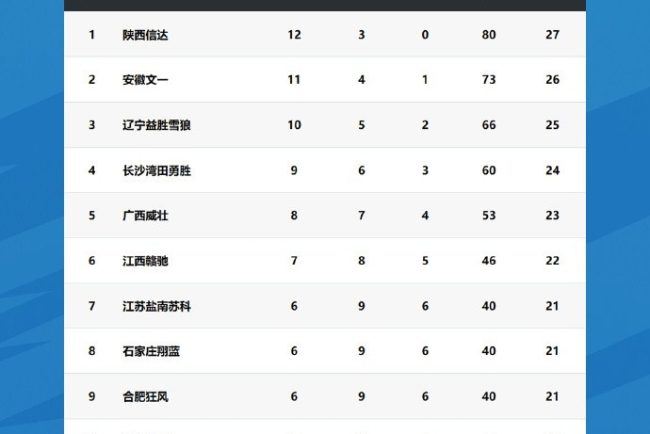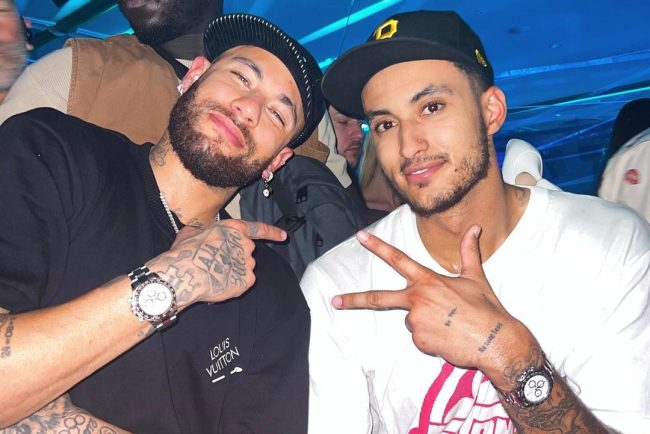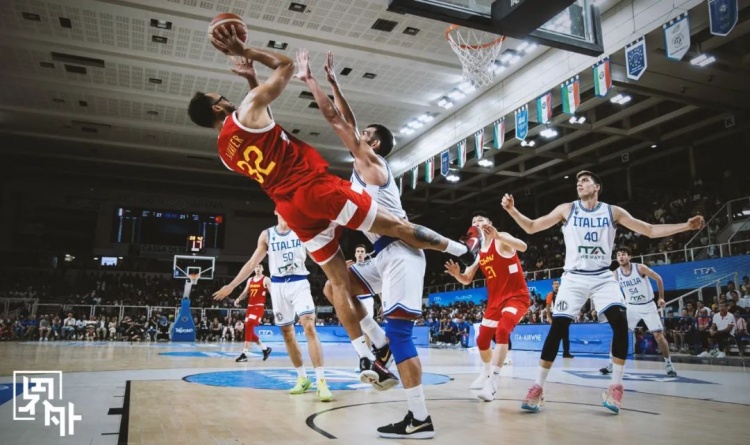
Early this morning, China ended its warm-up match with Italy on men’s basketball, which was also the first show of China’s men’s basketball naturalized player Li keel.
For 10 days with China’s men’s basketball meeting, Li keel has been actively integrating into the team. In today’s first show, he will appear at 2 minutes 38 seconds in the first quarter, with 6 shots and 3 shots in 19 minutes, 5 out of 6 free throws, 11 points and 6 rebounds for the Chinese team.
In order to watch the game on the spot, Li Keel’s mother arrived in Italy a few days ago. Today, she sat on the first floor of the stands and was clapping for her son and Chinese men’s basketball.

Li Kael’s recognition of ancestors is actually not the main task. It was actually his mother, Susanna Anderson, who was obsessed with this matter.
“I want my mother (Milian) to know more about my grandfather,” Susanna said. “I want to show my mother his picture, which is very important to me. My mother has breast cancer. I have always wanted to do something for her and show her the photo of her father, so I have been working hard.”
Suzanne grew up in New York City. Her mother seldom mentioned Grandpa Samuel, and her uncle and aunt seldom mentioned him.
But Suzanne’s thought of returning her ancestors to her family became stronger and stronger. She felt that her mother’s appearance was different from that of most Jamaica people and had obvious Chinese characteristics.
“I know I have a Chinese grandfather,” she said. “I can see from my eyes and skin that I have some Chinese blood.”
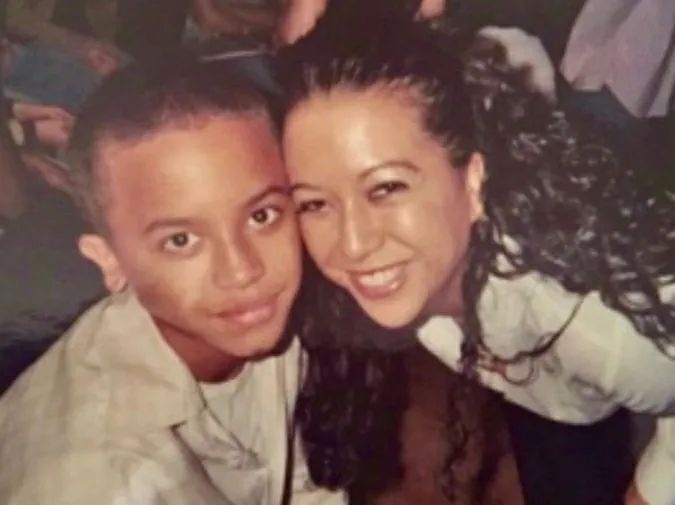
Suzanne actively investigated and tracked for many years, so she quit her job in Canada and focused on tracing her family history. She participated in activities organized by local Hakka groups in Canada and also asked professional organizations for help. However, there are few materials to be harvested. She only knew that Samuel moved to Jamaica and gave birth to 13 children, but because of the language barrier after immigration, life was difficult. Her relatives are unwilling to disclose more information, and the progress is very difficult.
“I spent half my life, and all I got was trouble. Can it only be a lifelong regret?”
At that time, her son Carl Anderson unexpectedly became a breakthrough in the progress of the matter.
In 2012, with the competition played by UCLA (University of California, Los Angeles) in Shanghai, Suzanne also came to China as a family member. She began to realize that she had the opportunity to solve the mystery of the family.
Two years later, the Spurs chose the sophomore Carl Anderson, and Suzanne moved to San Antonio with her son. When her son went away, she would have plenty of time to search for information on the Internet and study her background. She also sought genealogy and Robert Hugh, vice president of Hakka Chinese Charity Association, with the help of famous writer Paula Williams Madison, she wrote a book “looking for Samuel Lowe’s background: China, Jamaica and Harlem”, which tells her experience of returning to Guangdong to seek relatives.
However, the breakthrough point of Susanna’s search for relatives actually comes from AncestryDNA, which is the world’s largest profitable genealogy and Gene search website. After submitting a genetic test sample, Susanna received an email from a man named Ian-li. His search result was, his father Donald shared DNA with Susanna, and it turned out that Donald’s grandfather Tom Lee was Samuel’s brother.
From this moment on, Suzanne and Kael found their Chinese surnames, and their surnames were Li.
“I really can’t believe I found him.” Susanna wept with joy.
Under the arrangement of a Chinese company, Kael and Susanna took a 16-hour flight in the summer of 2018 and came to china. They were about to come to Guangdong to see the ocean, more than 30 relatives across time and space.
“I really want to say that my mother is too great. She has invested a lot of time for this. During the long days and nights, she may also know that the final result is probably nothing, but she persisted and finally got a reward, all of which was worth it.”
Carl and his mother, as well as his girlfriend and sister, first came to Hong Kong and then flew to Shanghai to participate in the summer league of CBA. The kels’ family met Xu feilun, the then general manager of Zhejiang Guangsha team here. He also gave him a match jersey of his own in the Spurs and got a CBA t-shirt. Here, he said that he had no sense of strangeness, as if he was born to belong to this country.
Then their family came to the dream place, Xinmu New Village, Longgang district, Shenzhen.
Some Spurs fans have been waiting for a long time, but this exchange is not about the basketball star meeting, but a journey home for tourists. Susanna, who was excited but nervous, was worried that she could not communicate with relatives normally.
“Our race is different from theirs. I don’t know if they will accept us,” Susanna said. “They don’t know anything about my grandfather in Jamaica, I don’t know if it will make them dissatisfied.”
But the fact is completely opposite.
They were greeted by firecrackers and cheers. Li’s family in the village hung a bright red banner at the entrance of the village, which was written in both Chinese and English, “Chinese relatives warmly welcome Carl, Susanna and Crystal home!”
With the help of the two translators, relatives shared the story of Samuel. Susanna’s grandfather, also known as Keel’s great grandfather, was named Li Chongxin in Chinese. He was born in 1877, he left his motherland in middle age and left his children. Li Chongxin remarried in Jamaica. Susanna’s mother was his child after remarriage.
Li’s family didn’t want to talk more about Li Chongxin, because after he settled down in Jamaica, he cut off contact with his family in the village. Li Chongxin’s younger brother, Tom, had been sending money to his family until he died at the age of 99.
Li Chongxin’s grandson Li Guanqiu was still alive. When he saw Susanna and Kael, Li Guanqiu cried. He said that his father would receive bank drafts of 3-5 pounds from Tom every month. But after Tom died, Li’s family never received any news from the two brothers.
But this time, their blood lines gathered together again. Kel’ S 70-year-old cousin Li Tianping introduced more than 30 family members to him, and then handed Susanna a family tree with their names entered on it.
Carl Anderson now has a real Chinese name, Li Kele.
Looking at this thin family tree, Suzanne cried out, “I’m glad I didn’t give up. I’m glad I finally insisted on it. There were many nights, when I check the information until three or four in the morning, I will feel that I can’t find Samuel in my life.”
But now, the names of her and her son are written in this lineage genealogy “dating back thousands of years.
They attended the ancestor worship together, and gave incense to the ancestors of Li’s family. They dined in the ancestral house. Together with more than 30 relatives, they learned to cook in a wok with chopsticks and big shovel, I also ate local specialty fruits longans here, drank famous Chinese wine, and Moutai.
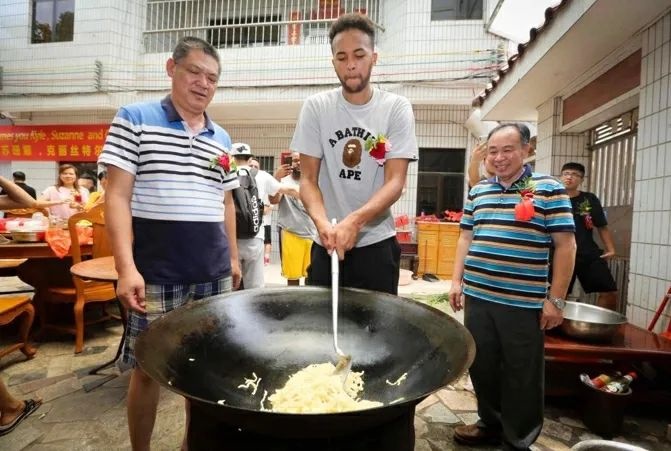
For Susanna, her pursuit finally had meaning. She was eager to return to the United States quickly and share this experience with her mother. She wanted to tell her mother that relatives were flourishing, across cultures and races, they finally got together again.
“I want to tell my mother that she has so many good relatives and the women in her family are very beautiful. They are proud of their family, “Susanna said.” I can honestly say now that I already know my Chinese family. In the past 50 years, I know nothing about them, but now I can remember that street with my eyes closed. I can take you to know my home in China, and we will continue to communicate, continue to communicate. I am not a guest. I went home I am.”
Susanna also hopes her son can make some contributions to this lineage.
Li Kael said that he was very willing and proud of it.
“This is the second time I have come to China,” Li Kael said, “but this time it is different. On the other side of the world, I saw a group of people with the same blood as you, this is the best moment in my life. I really want to say that I love my family.”
Li Kael said that he would definitely study Chinese hard and would return to the village again.
“I used to be joked that I looked like a Chinese,” he said. “I really didn’t dare to imagine before. It turned out that I really had Chinese blood, which seemed to be doomed by heaven, now I have found a culture closely related to my blood. I want to embrace this culture and become a part of it.”
This wish has come true now.
The Chinese Basketball Association made unremitting efforts and finally succeeded in naturalizing Li Kele. In an interview, he also took the initiative to talk about afrodeezia in 2018.
“That experience was great for me. My great-grandfather was born in China, and he later immigrated to Jamaica. At one time, my mother spent countless time and painstaking efforts to find relatives far away from China, and finally she paid off her hard work. At one time, we were worried about whether our relatives in our hometown would accept us, but the response we received was all enthusiastic. They welcomed us with open arms and everyone was very friendly.”
On April 13 this year, at the birthday party of his mother Susanna, Li keel promised himself that he would compete for the World Cup and the possible Olympic games for the Chinese team. Today, Li Kael, who has 1/8 Chinese ancestry, has put on a bright red jersey and become a member of the Chinese team.
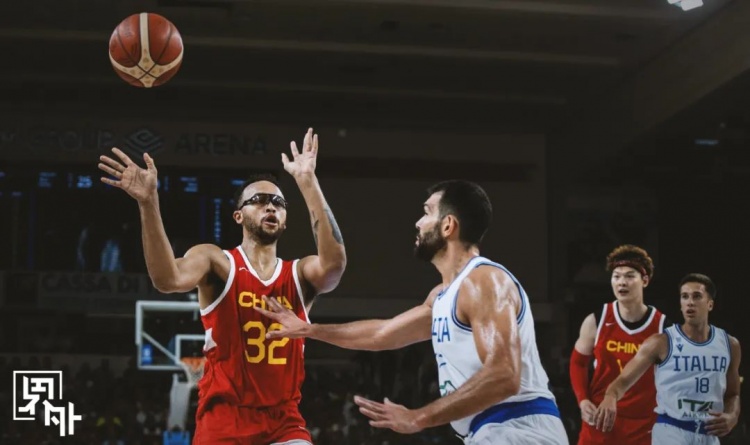
This is the most comforting thing for his mother Susanna, who has been pursuing for half a century.
(Text/text)
 3 million a day?! Kuzma forwarded Neymar’s signing photo: Let me get some money too
3 million a day?! Kuzma forwarded Neymar’s signing photo: Let me get some money too Brother
Brother